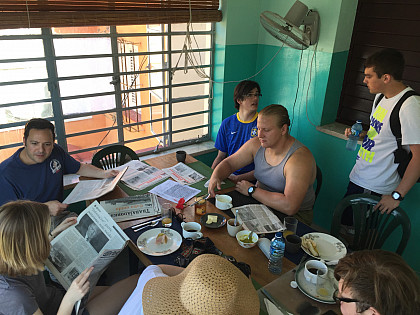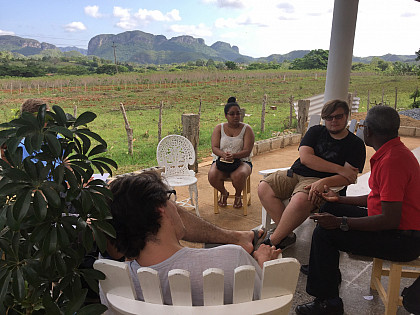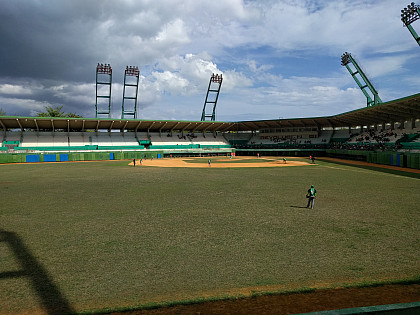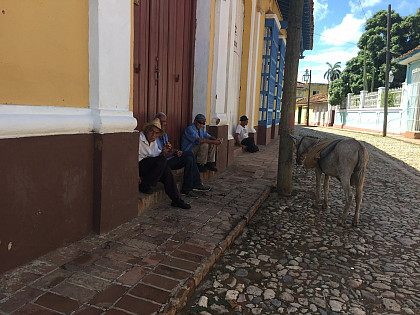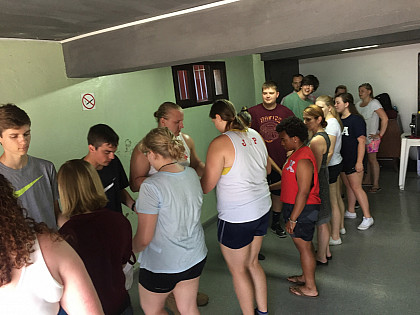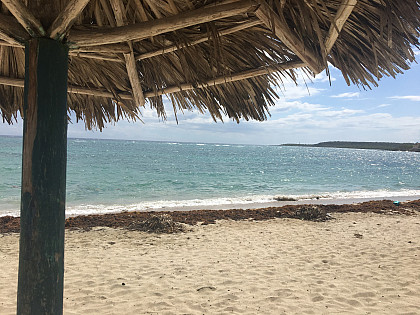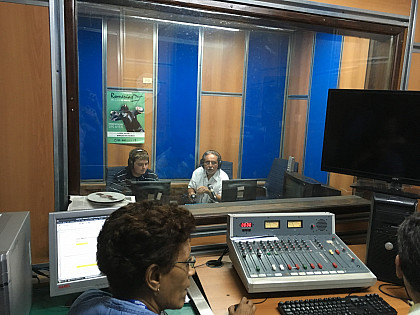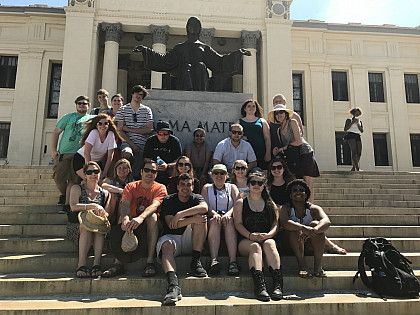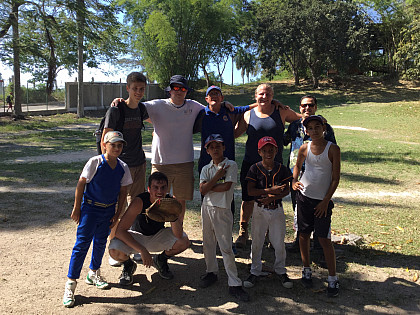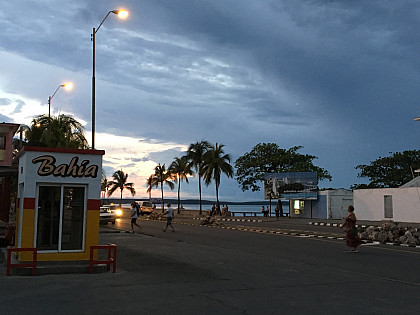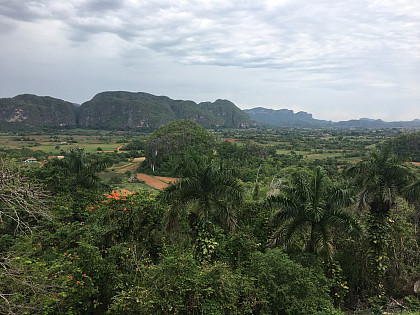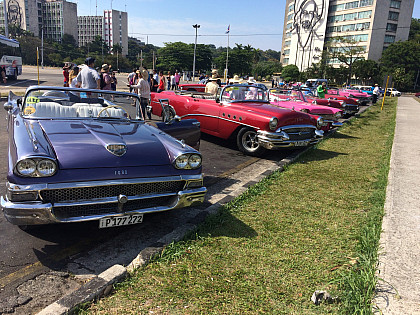Study Abroad
ETLA 240: Cuban Culture and Identity Documentary Film Experience
The purposes of this trip are threefold:
- study Cuban culture, especially the consequences of the success of the Cuban Revolution and embargo that the US imposed on Cuba in 1960.
- develop a documentary film about Cuba, featuring aspects of Cuban life and culture and comparing representations of Cuba in the US with first-person experiences while visiting Cuba.
- study Spanish with an intensive classroom and homestay experience.
Through an analysis of readings and films, the intensive study of Spanish, and by creating a documentary film based on a 15-day stay on the island, this course, through first-person experiences, will reflect on and confront our preconceptions of Cuba and how they came to be formed and how they correspond with reality.
This program enhances the opportunity for students to develop real-world experiences in communicating in Spanish (at any level) along with film production and media writing by immersing them in a documentary project. At the same time, the project aids students in developing the scholarly media studies skills by presenting them with a problem of distinguishing between reality and mediated representations.

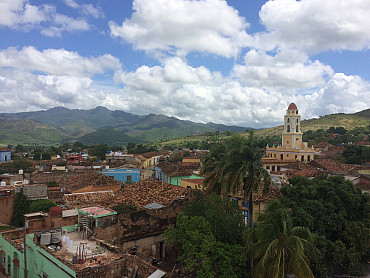
I believe that there is no country in the world—including any and all the countries under colonial domination— where economic colonization, humiliation and exploitation were worse than in Cuba, in part owing to my country’s policies during the Batista regime. I approved the proclamation which Fidel Castro made in the Sierra Maestra, when he justifiably called for justice and especially yearned to rid Cuba of corruption. I will even go further: to some extent it is as though Batista was the incarnation of a number of sins on the part of the United States. Now we shall have to pay for those sins. In the matter of the Batista regime, I am in agreement with the first Cuban revolutionaries. That is perfectly clear.” — U.S. President John F. Kennedy, interview with Jean Daniel, 24 October 1963

